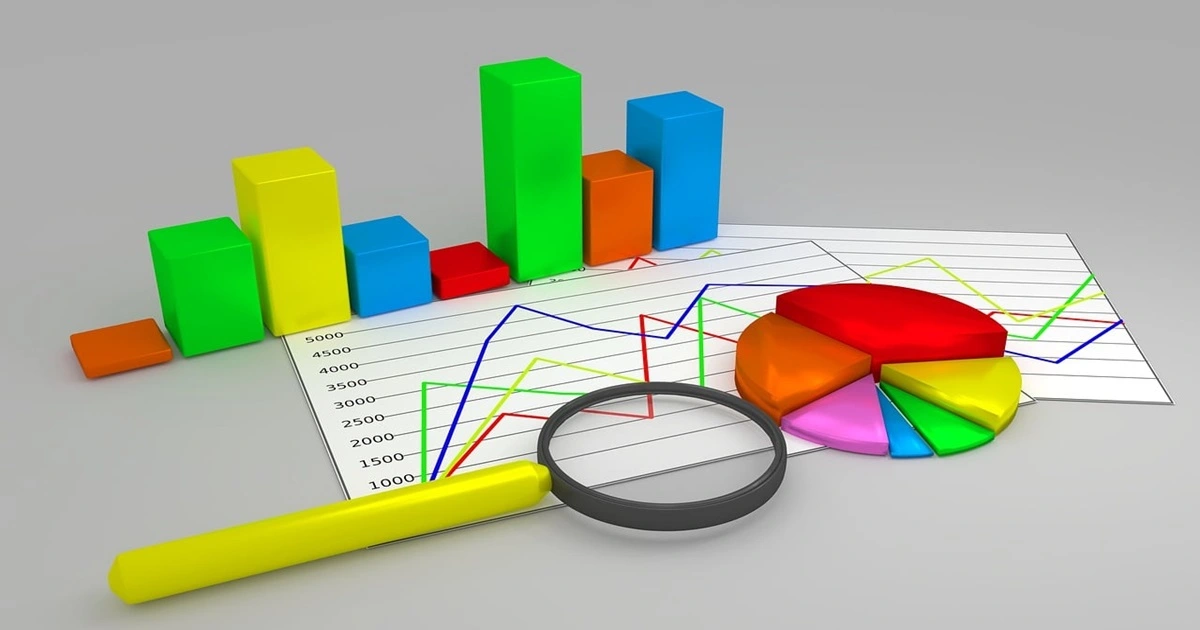In today’s data-driven world, the ability to harness and analyze vast amounts of information is revolutionizing how businesses make decisions. Big data analytics has emerged as a powerful tool that transforms raw data into actionable insights, enabling organizations to make informed, strategic choices. This blog post explores the role of big data in decision-making and how it is transforming business processes across various industries.
Table Of Content
- What is Big Data?
- How Big Data Transforms Decision Making
- 1. Enhanced Customer Insights
- 2. Improved Operational Efficiency
- 3. Data-Driven Innovation
- 4. Risk Management
- 5. Personalized Marketing
- 6. Strategic Planning and Forecasting
- 7. Competitive Advantage
- Real-World Examples of Big Data in Action
- Retail
- Healthcare
- Finance
- Manufacturing
- Conclusion
What is Big Data?
Big data refers to the massive volumes of structured and unstructured data generated from various sources, including social media, sensors, transactional systems, and more. The characteristics of big data—often described by the three Vs: Volume, Velocity, and Variety—pose significant challenges and opportunities for businesses. Leveraging big data effectively requires advanced analytics techniques and tools to extract meaningful insights from this complex information.
How Big Data Transforms Decision Making
1. Enhanced Customer Insights
Big data analytics enables businesses to gain a deeper understanding of their customers. By analyzing data from multiple touchpoints, such as purchase history, social media interactions, and website behavior, companies can create comprehensive customer profiles. These insights help businesses tailor their products, services, and marketing strategies to meet customer needs more effectively, leading to improved customer satisfaction and loyalty.
2. Improved Operational Efficiency
Operational efficiency is critical for maintaining competitiveness. Big data analytics allows organizations to monitor and optimize their operations in real time. For example, in manufacturing, sensor data from machinery can be analyzed to predict maintenance needs, reducing downtime and increasing productivity. In supply chain management, big data can optimize inventory levels, streamline logistics, and reduce costs by predicting demand patterns.
3. Data-Driven Innovation
Big data fosters innovation by uncovering new opportunities and insights. By analyzing market trends, consumer preferences, and competitor activities, businesses can identify gaps in the market and develop new products or services to address these needs. This data-driven approach to innovation helps companies stay ahead of the competition and continuously evolve to meet changing market demands.
4. Risk Management
Effective risk management is crucial for business sustainability. Big data analytics enables organizations to identify and mitigate risks more proactively. Financial institutions, for example, can use big data to detect fraudulent activities by analyzing transaction patterns and flagging anomalies. Similarly, businesses can assess potential risks in their supply chains by monitoring data from suppliers and logistics partners, allowing for more informed decision-making.
5. Personalized Marketing
Personalization is key to successful marketing campaigns. Big data analytics allows businesses to deliver personalized experiences to their customers. By analyzing customer data, companies can segment their audience and create targeted marketing campaigns that resonate with specific groups. Personalized marketing increases engagement, improves conversion rates, and enhances the overall customer experience.
6. Strategic Planning and Forecasting
Big data provides valuable insights that inform strategic planning and forecasting. By analyzing historical data and identifying trends, businesses can make more accurate predictions about future market conditions, customer behavior, and business performance. This enables organizations to make data-driven decisions, allocate resources more effectively, and develop long-term strategies that align with their goals.
7. Competitive Advantage
In today’s competitive landscape, the ability to leverage big data can be a significant differentiator. Organizations that effectively use big data analytics gain a competitive advantage by making more informed decisions, responding quickly to market changes, and delivering superior customer experiences. This data-driven approach helps businesses stay ahead of their competitors and achieve sustainable growth.
Real-World Examples of Big Data in Action
Retail
Retailers use big data to optimize their operations and enhance the customer experience. For instance, Walmart uses big data analytics to manage inventory, predict demand, and personalize marketing efforts. By analyzing customer purchase history and behavior, Walmart can offer targeted promotions and ensure that popular products are always in stock.
Healthcare
In healthcare, big data is transforming patient care and operational efficiency. Hospitals and clinics analyze patient data to identify trends, improve diagnoses, and personalize treatment plans. For example, IBM Watson Health uses big data to assist doctors in making evidence-based treatment decisions, leading to better patient outcomes.
Finance
Financial institutions leverage big data to detect fraud, assess credit risk, and improve customer service. For example, JP Morgan Chase uses big data analytics to monitor transactions for suspicious activities, reducing the risk of fraud. Additionally, banks use big data to personalize financial products and services, enhancing customer satisfaction.
Manufacturing
Manufacturers use big data to optimize production processes and reduce downtime. For example, General Electric (GE) uses big data analytics to monitor the performance of industrial equipment. By analyzing sensor data, GE can predict maintenance needs and improve operational efficiency.
Conclusion
Big data is revolutionizing business decision-making by providing organizations with the insights they need to make informed, strategic choices. From enhancing customer insights and improving operational efficiency to fostering innovation and managing risks, the impact of big data is profound and far-reaching. As businesses continue to generate and collect vast amounts of data, the ability to leverage big data analytics will become increasingly critical for achieving competitive advantage and driving sustainable growth. Embracing big data and its capabilities will empower organizations to navigate the complexities of the modern business landscape and thrive in a data-driven world.






